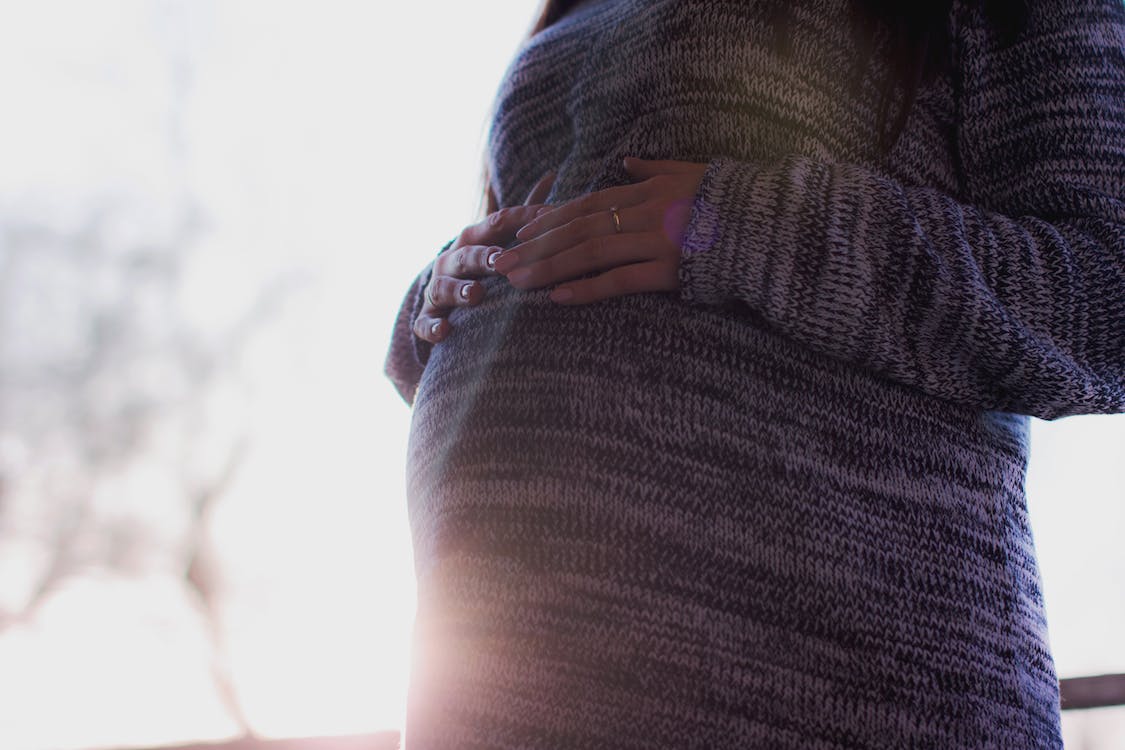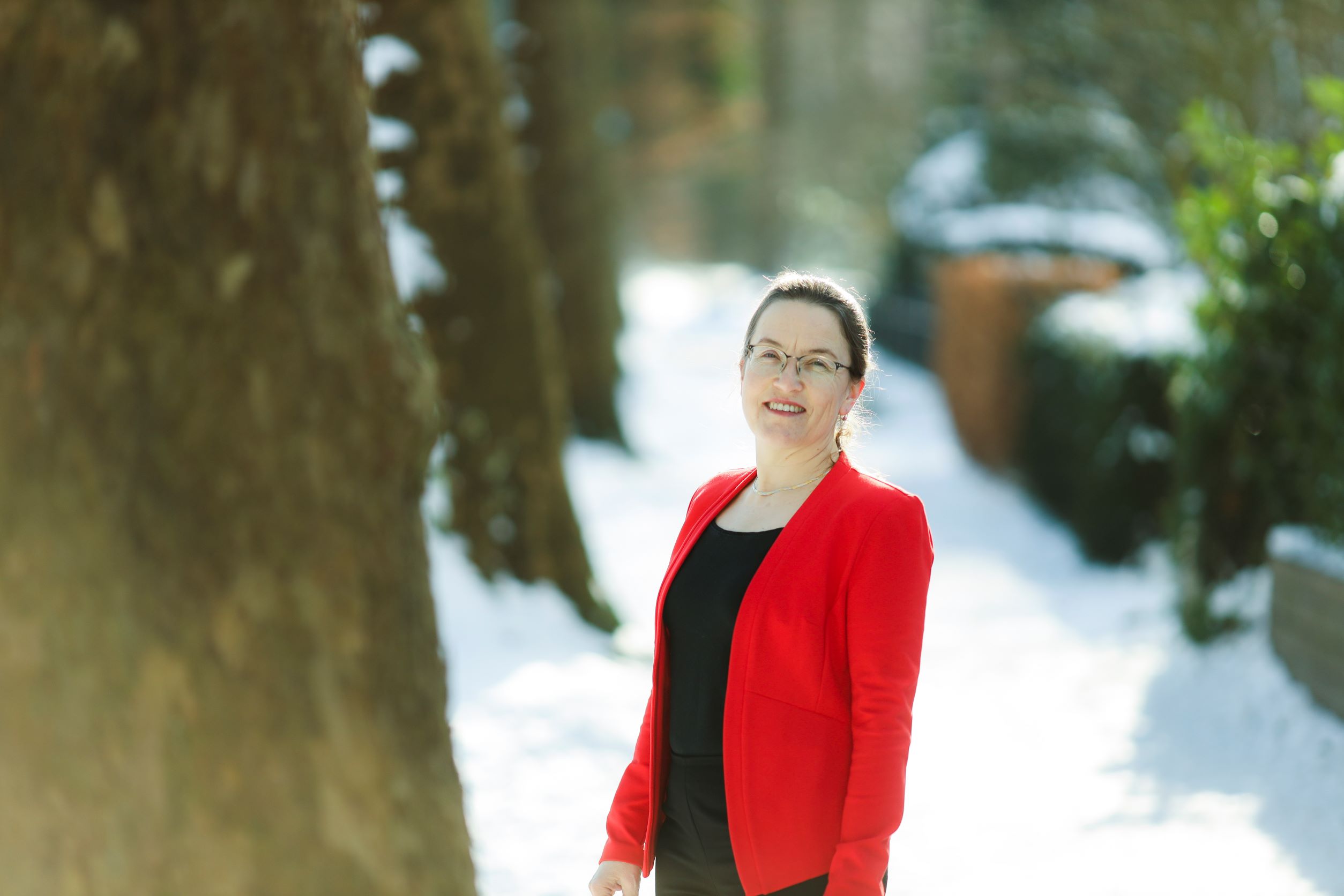In the UMCG Research Data Catalogue you will find an overview of all biomaterials and questionnaires that are collected in Lifelines NEXT. In this overview, you can see when biomaterials are collected and questionnaires are sent. For the content of the questionnaires, click here.
Lifelines NEXT conducts research during pregnancy, just after childbirth and during the first years after birth (until the Lifelines NEXT children are old enough to enter the regular Lifelines study [around the age of 6-10 years]). The research consists largely of the donation of body materials; we ask for blood, faeces and (if possible) breast milk from mothers and we also take some materials from the baby.
In addition, the research consists of completing various questionnaires that, for example, deal with living situation, health, lifestyle, nutrition and the relationship between parents and their child. Next to genetic and microbiome data, this results in the collection of immune, environmental, lifestyle and health parameters over multiple time points. Until the first birthday of the child, we collect a lot of data (monthly). After that, a request will be made twice a year for completing a questionnaire and once a year for the collection of biomaterials.
Would you like to do research in Lifelines NEXT? This possibility exists. To do this, fill in either one of these forms:
An application for data is assessed by the Data Access Committee of Lifelines NEXT.
Questionnaires
Social factors
Lifestyle
Environmental factors
Living situation
Health
Biomaterials
Vaginal swab
Placental tissue
Breast milk
Skin tapes (child)
Nasal swabs (child)
Mouth swab (child)
Urine (child)
Measurements










